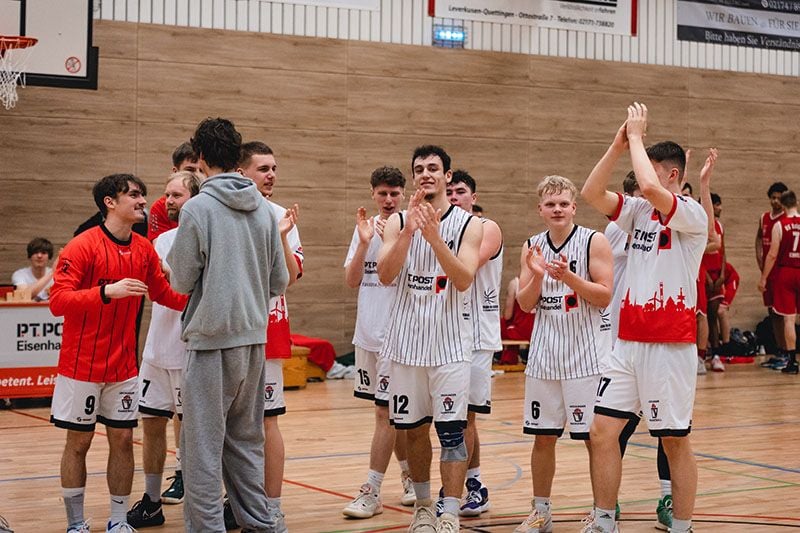When comparing "old" and "new" in volunteering, the association strategists do not see any actual age categories. Rather, the categories should remain neutral and not pit generations against each other. This is because such a comparison could quickly slip into the usual discussions with the headline "Everything used to be better". Instead, the concept of old and new volunteering aims to draw attention to the fact that there are changes in society. And this is completely normal, because people's lifestyles change over generations, their views on hobbies and interests change and their awareness of their own needs also changes. Think about your grandparents and compare their youth with yours. You'll soon realise that not only their personal demands, but also the social conditions were very different to today. And you will most likely be grateful that you were able to grow up in your generation.
What characterises the old honorary office?
Voluntary work, as it had functioned for many decades, should above all create identity for those involved and fit in with their own views. Above all, people wanted to find themselves and their opinions and attitudes in the association and be together with like-minded people. People identified with the association and their voluntary work. The sense of purpose arose, for example, from joining a club and sharing a passion for a particular sport with others. Another important aspect of the old voluntary work is selflessness. Classic voluntary work was carried out without expecting anything in return, neither financially nor in the form of material assets or a better CV. Selfless action in typical voluntary work can even go so far as to put one's own needs on the back burner in favour of the association. It is not uncommon for volunteers to postpone important personal appointments in order to be able to carry out their voluntary work, for example. This can even include weddings. Finally, the old voluntary work was also characterised by the fact that you could start it without any special prior knowledge. Voluntary work required no prior education or training. It was originally a lay activity.
What characterises the New Volunteering?
While the old voluntary work is characterised above all by its identity-forming effect, the requirements for the new voluntary work are much higher. The activity should ideally be varied, with a time limit and focussed on a defined area or project. Volunteering is therefore no longer an end in itself; instead, those active in the organisation are given a task at the beginning and usually leave again when they have achieved their personal goal or the goal associated with the activity. This results in an attitude in which both sides should benefit from volunteering. It is therefore no longer primarily about selflessness, but also about the question "What do I get from my voluntary work?". This demand goes hand in hand with the great need for self-realisation, which is very important in our modern living and working environment.
The new volunteering programme provides answers to the following questions:- Do I agree with the content of what I am supposed to do and can I identify with the task?
- What influence can I exert socially and within my organisation?
- Do I even have the time and inclination to combine my personal goals and the goals of the organisation?
New voluntary work is ultimately a give and take. I can get something out of the position myself. This is not just money, but can also be new skills and abilities or simply recognition. The entry in your CV can also be meaningful for people. This should be understood in a non-judgemental way. Volunteering can be a door opener, especially for career starters, because they do not yet have much professional experience, but can demonstrate personal skills.
While the Old Volunteering focussed primarily on lay work, the New Volunteering also strives for active people to contribute their specialist knowledge and therefore only look for volunteer work that matches their expertise. Accordingly, these volunteers rarely carry out work that is below their level of expertise. And the demand for something in return increases accordingly. For trainers, this can result in employment via a mini-job or a corresponding remuneration based on hourly rates is agreed. From this perspective, modern volunteering can also be seen as a second job. As before, you are involved in social activities, but in return you also receive a financial reward that corresponds at least in part to the expertise you contribute.
| Old honorary post | New honorary post |
| creates identity and fits in with my views | is varied, time-limited and activity-orientated |
| selbstlos | requires something in return (money, reputation, increased knowledge, etc.) |
| Lay activity | Job matches my skills and expertise |
| free of charge, max. honorary allowance | no longer only free of charge |












